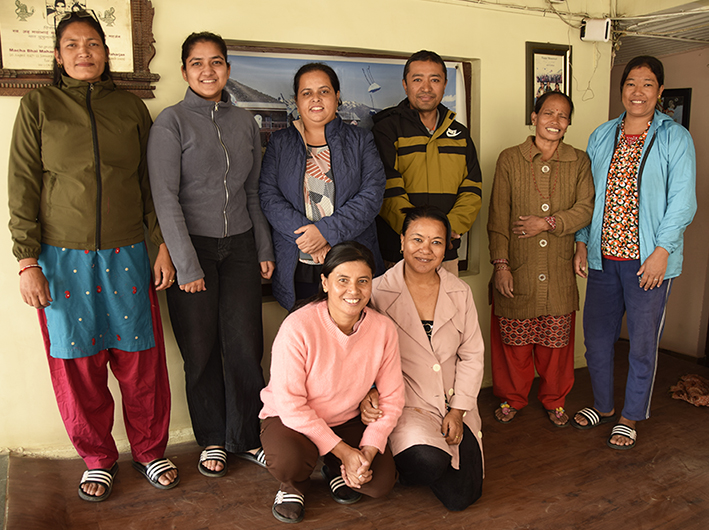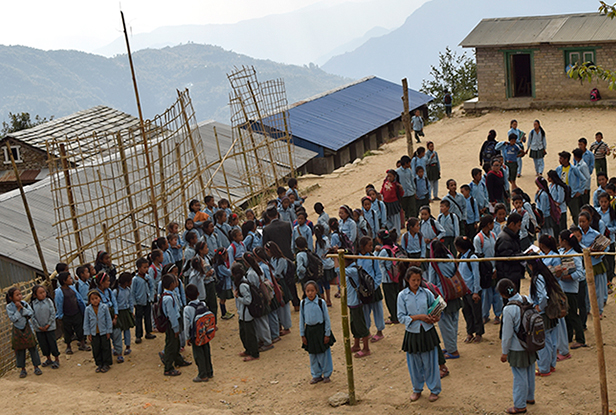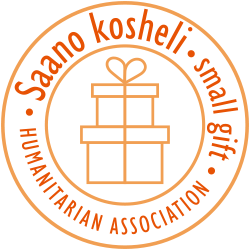Chaupadi info
Every missed day of school is one less opportunity for these already disadvantaged girls!
CHAUPADI
Chaupadi prohibits women and girls from participating in normal activities while menstruating because they are considered ‘unclean’. Women are banished from the house and must live in a cowshed or “menstruation hut”.
Chaupadi is a tradition associated with the taboo of menstruation. This practice linked to Hinduism remains very common in certain regions of Nepal, notably in the west of the country.
It is believed that if a settled woman touches a tree it will no longer bear fruit. That if she drinks milk, the cow will give no more milk, that if she reads a book the goddess of education will get angry, that if she touches a man, he will be sick.
This ban on women was banned by the Supreme Court of Nepal in 2005. More recently, in August 2018, the country went further in its legislation by passing a law condemning men forcing their wives to hide to 3 months in prison.
Even in the capital, Kathmandu, these taboo-related practices still prevail; a wife or daughter is not allowed in the kitchen or prayer room or is not allowed to go to a temple. These taboo practices still prevail everywhere.
Nepal’s female population is over 15 million. This stigma means that one in five girls will miss school because of her period.
WHAT IS SANOO KOSHELI DOING?
The reason why Saano Kosheli distributes sanitary pads packets and organises educational programmes is because there are still too many taboos around the subject of menstruation. During our 2016 trip, we and our field coordinator distributed the first packets* to 240 girls/women in remote villages and a number of Menstrupedia** to teachers and midwives. After this first initiative, ‘Saano kosheli’ still feels the duty and need to continue with this project to increase knowledge, dignity and independence of these women. We work with our friends and colleagues who travel into the country to reach girls/women in remote villages in poor regions. There is always contact with the local government and/or other authorities. Lists of eligible girls/women are compiled. If necessary, there is someone who speaks the local language, as there are 141 different ethnicities. Our colleagues work with educational material from DFGN, which clearly explains the topic of menstruation and starts the conversation.
♥︎ our newest projects in 2024 …
DAYS FOR GIRLS NEPAL
Days For Girls Nepal (DFGN) with Maya • This is where our friends buy the packets. These sanitary pads are made in Nepal by DFGN fair trade workshops by marginalised women. Days for Girls Nepal (DfGN) works to remove the stigma and restrictions associated with menstruation so that women and girls have better health, education and livelihoods. By removing menstruation-related barriers, they empower women and girls to seize opportunities and achieve their goals. Maya is convinced of the life-changing power of menstrual health education. She travels to remote regions to get this topic discussed with tireless enthusiasm.











